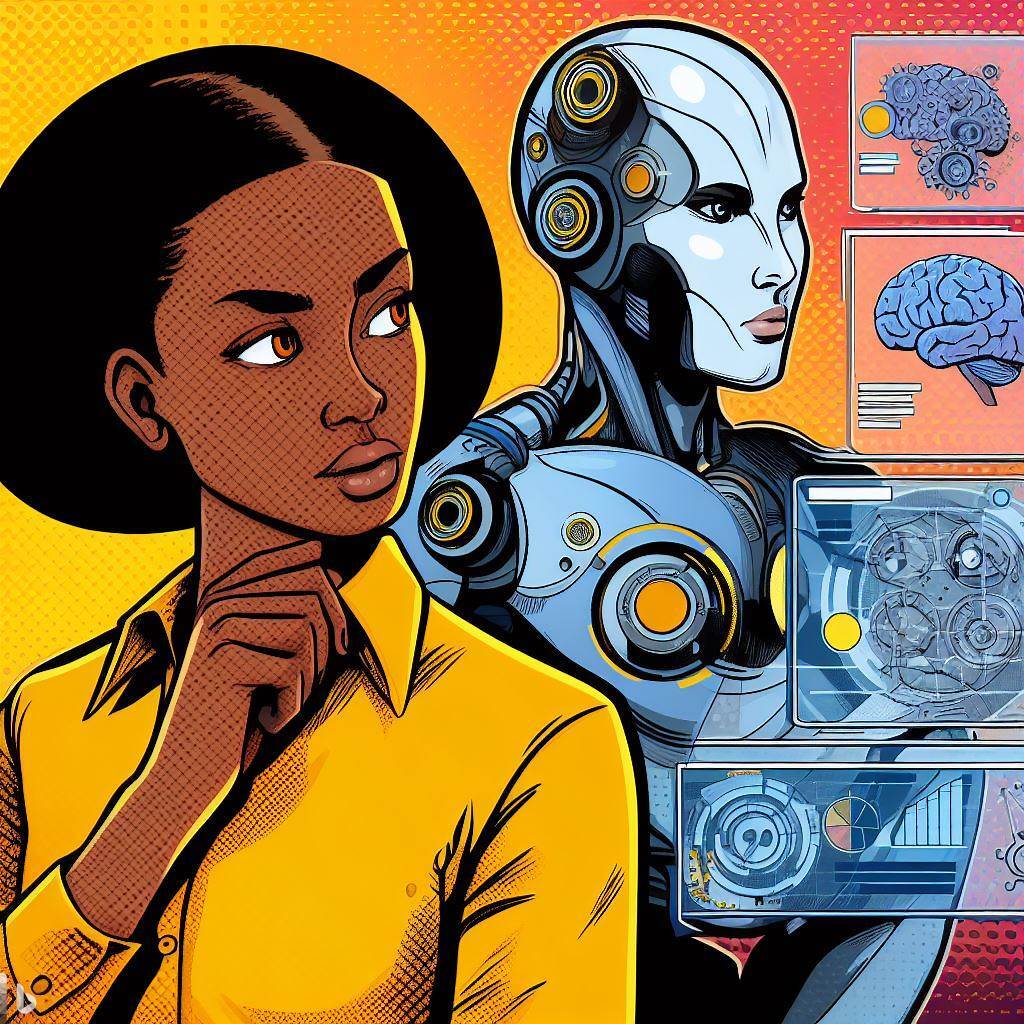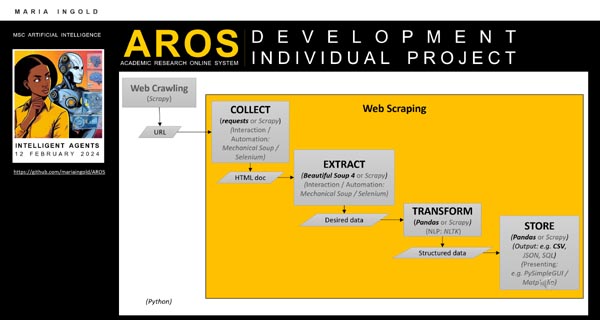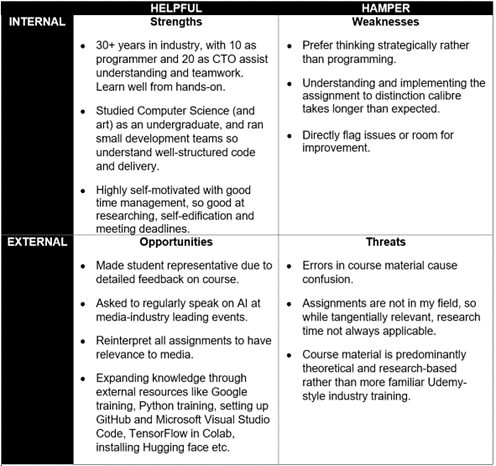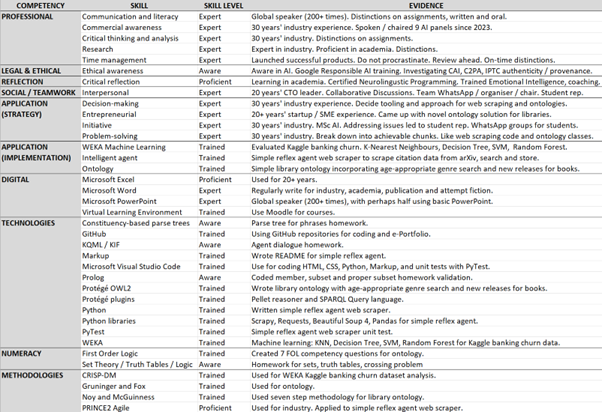Learning Outcomes
Intelligent Agents

- Identify and critically analyse agent-based systems, differentiating between architectures and approaches.
- Apply and critically evaluate intelligent agent techniques to real-world problems, particularly where technical risk and uncertainty is involved.
- Deploy critically appropriate software tools and skills for the design and implementation of an agent-based system, bearing in mind applicable legal, social, ethical, and professional issues.
- Systematically develop and implement the skills required to be effective member of a development team in a virtual professional environment, adopting real-life perspectives on team roles and organisation.




